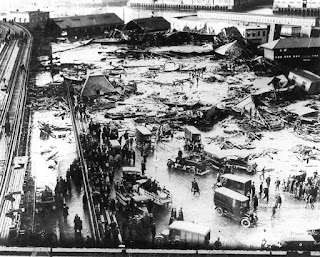Martha Washington, Slave Owner

The world is a fickle place. We as humans tend to put people on pedestals and are unwilling to ever let them fall. Yet, what if everything we were taught in school was wrong? What if our heroes are not what we want them to be? In all honesty, it should be no surprise to us when those we treasure most of fall flat on their face, or that we learn a mistakes they made. To err is human. Take Martha Washington for example. She was the first first lady of the United States and the wife of President George Washington; she was also a slave owner. When we think of Martha Washington we often think of a reserved and private woman, we also think of her freeing slaves. Yet, "great emancipation" is sometimes not what It seems. The Washington's lived a very comfortable life. After George passed on, it became well known that after the death of Martha his slaves would be freed. We know that, about two years before her death, Martha Washington freed those slaves. Based on a...







